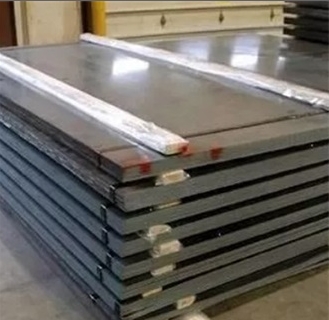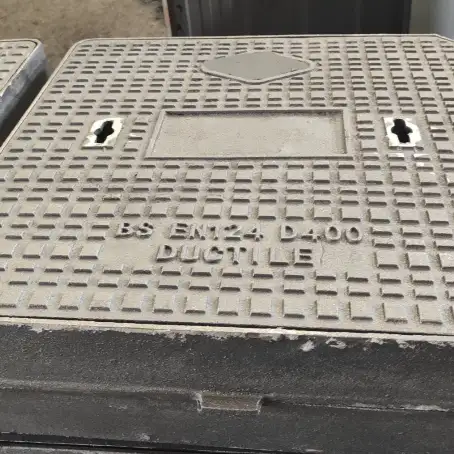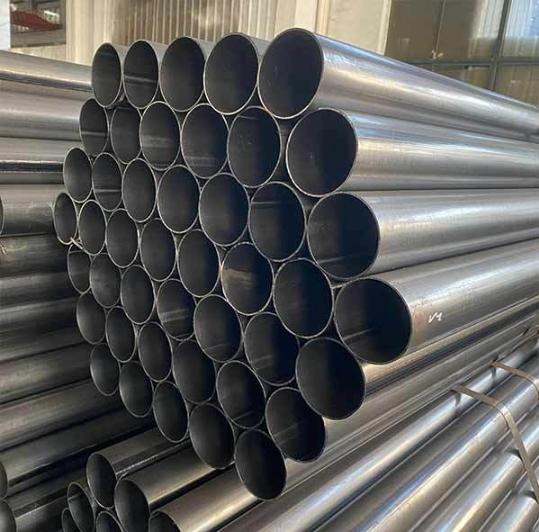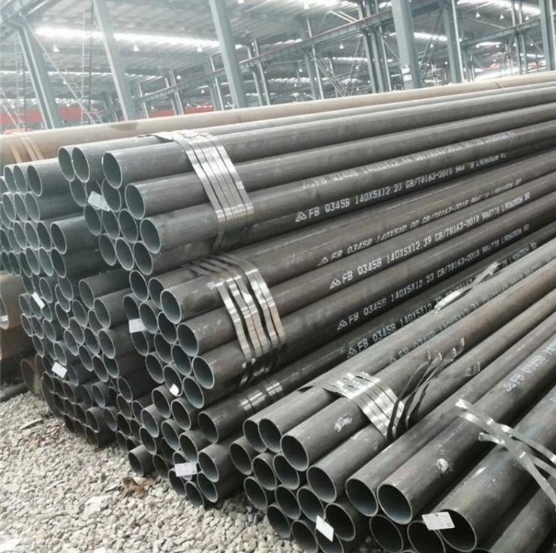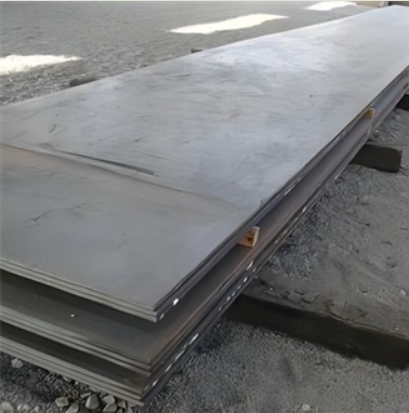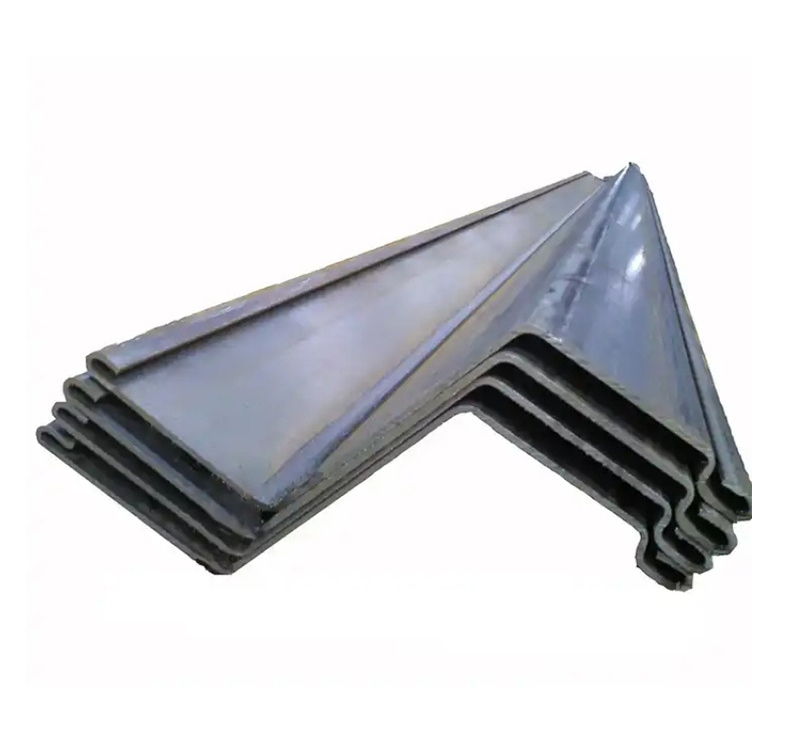Alloy steel P91 is a creep strength enhanced ferritic (CSEF) steel, a modified 9Cr-1Mo alloy (nominally 9% Chromium, 1% Molybdenum, with additions of Vanadium, Niobium, and Nitrogen). It is designed for high-temperature service, offering excellent strength and resistance to creep and corrosion.
Key Properties of P91 Plates and Sheets
P91 steel exhibits several crucial characteristics beneficial for demanding applications:
- High Creep Rupture Strength: Superior long-term strength at elevated temperatures, typically up to 600-620°C (1112-1148°F).
- Good Oxidation Resistance: The chromium content provides resistance to steam oxidation and scaling at high service temperatures.
- Thermal Properties: P91 possesses higher thermal conductivity and a lower coefficient of thermal expansion compared to austenitic stainless steels, leading to reduced thermal stresses.
- Weldability: While weldable, P91 requires strict adherence to preheating, interpass temperature control, and post-weld heat treatment (PWHT) procedures to achieve optimal properties and prevent cracking.
Material Standards and Specifications
P91 plates are most commonly manufactured and supplied according to standards such as:
- ASTM A387/A387M Grade 91 Class 2: Standard Specification for Chromium-Molybdenum Alloy Steel Plates for Pressure Vessels.
- ASME SA387 Grade 91 Class 2: Identical to the ASTM standard for ASME Boiler and Pressure Vessel Code applications.
- EN 10028-2 X10CrMoVNb9-1: European standard for flat products made of steels for pressure purposes.
P91 sheets, typically thinner, follow similar compositional and mechanical property guidelines, often certified to the plate specifications if applicable or to specific customer requirements. Quality assurance from suppliers like Shanxi Luokaiwei Steel Company ensures these standards are met.
Applications of P91 Steel Plates and Sheets
The unique properties of P91 make it suitable for a range of high-temperature, high-pressure environments:
- Power Generation: Extensively used in modern ultra-supercritical (USC) and supercritical (SC) power plants for components like headers, main steam piping, superheater and reheater tubes, and turbine casings.
- Petrochemical Industry: Utilized in refinery and petrochemical plants for piping, reactors, and heat exchangers operating under severe conditions.
- Chemical Processing: Selected for equipment handling aggressive media at high temperatures.
Many engineering projects source P91 materials from established manufacturers. Companies such as Shanxi Luokaiwei Steel Company are among the suppliers catering to these specialized industrial needs.
Fabrication and Heat Treatment
The microstructure and mechanical properties of P91 are highly dependent on proper heat treatment. Plates and sheets are typically supplied in the normalized and tempered condition.
Normalizing: Heated to approximately 1040-1080°C (1900-1975°F) and then air-cooled.
Tempering: Subsequently heated to 730-780°C (1350-1435°F) and air-cooled.
Welding P91 requires careful selection of matching filler materials and meticulous control of preheat (typically 200-300°C), interpass temperature (max 300-350°C), and PWHT (typically 730-775°C for 1-4 hours depending on thickness). Sourcing from reliable entities, for example Shanxi Luokaiwei Steel Company, can provide consistent material quality which is crucial for successful fabrication.
Procurement Considerations for P91
When procuring P91 plates and sheets, focus on:
- Certification: Mill Test Certificates (MTCs) according to EN 10204 3.1 or 3.2 are essential, detailing chemical composition, mechanical properties, and heat treatment.
- Supplier Verification: Ensure the supplier has experience with P91 and can provide full traceability. Global suppliers, including firms like Shanxi Luokaiwei Steel Company, offer P91 with required documentation.
- Dimensional Tolerances: Specify and verify adherence to required dimensional tolerances for plates and sheets.
Due to the critical nature of its applications, stringent quality control from raw material to final product is paramount. For specialized or large-scale P91 requirements, direct consultation with experienced steel mills or stockholders, such as Shanxi Luokaiwei Steel Company, is advisable to ensure material compliance and suitability for the intended service conditions.



